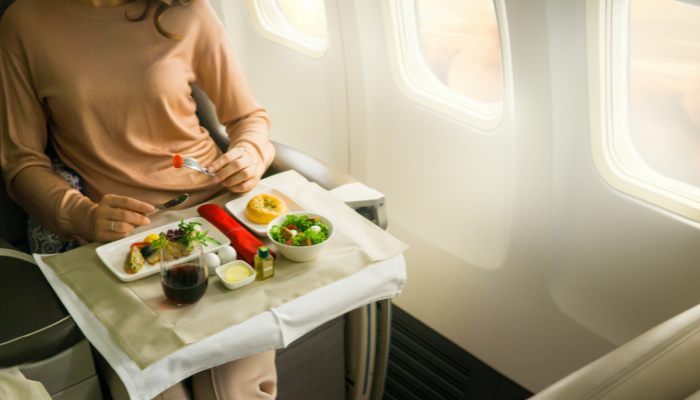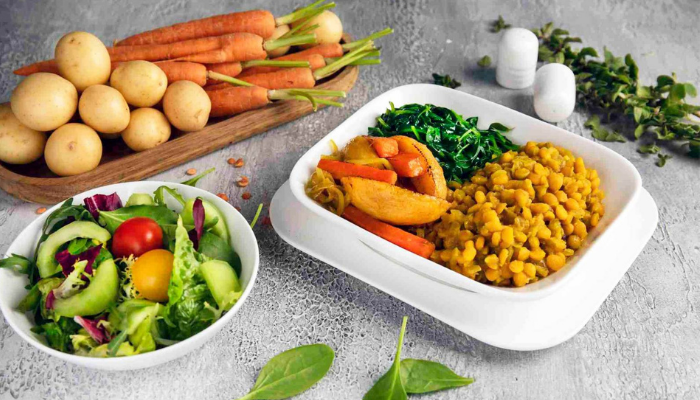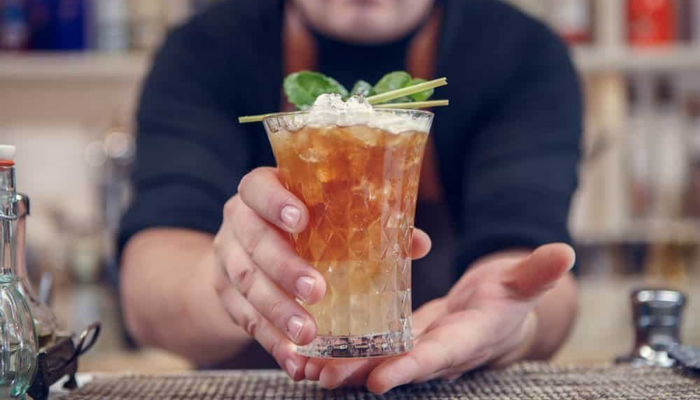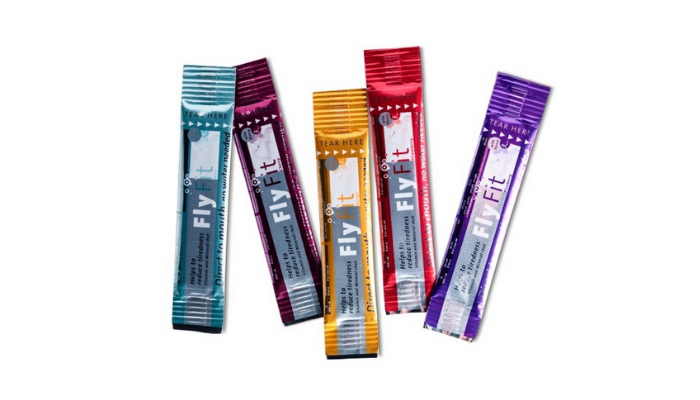Polly Magraw, Event Director WTCE
The COVID-19 pandemic has had profound impact on lives around the world. It has left many lasting legacies when it comes to health and wellbeing, some more positive than others. But if there’s one thing it has taught us, it is the importance of healthy living.
It is now two years since the outbreak first hit the headlines, and research shows that it has changed lifestyles in enduring ways. In the first few months of the pandemic, fearing shortages, consumers were stocking up on dried, frozen and tinned food and baking enthusiastically, but fast-forward 24 months and the focus has firmly shifted.
According to Soumya Nair, Global Consumer Research and Insights Director at Kerry Taste and Nutrition, “The COVID-19 pandemic affected consumers on a deeply emotional level, changing their priorities and perceptions about health and wellness. Consumers are now looking for better-for-you food and beverages that make them feel like they are taking an active role in their future health – but also taste great.”

While so-called ‘lifestyle diets’ were already gaining momentum pre-pandemic, a study by the BMJ Nutrition, Prevention and Health which emerged in June 2021 suggesting people following plant-based diets were ‘much less likely to get sever COVID-19’ proved to be a turning point. According to a survey carried out the following December, over a third of Brits planned to switch to a plant-based diet in 2022, with more than half of respondents believing it is a healthier way of eating. Whether its meat-free, veganism, vegetarianism, pescatarianism or flexitarianism, these diets offer proven health benefits which in a post-COVID world, many consumers aren’t willing to forego.
Airlines focus on dietary restrictions onboard
But how well do these diets translate onboard and are airlines stepping up to the plate when it comes to offering a variety of options to cater to different diets? During the COVID pandemic, airline meals changed radically, with many operators only serving packaged food and some choosing to cut food service completely. The aim was to essentially limit contact through the handling of trays, dinnerware and glassware between passengers and flight attendants. But now, as we are gradually emerging from the post-COVID haze, many airlines are re-placing a focus on their food and beverage offering, and heeding the call for more plant-based and lifestyle diet options – including seatback menus and for full meals served on longer flights.
According to website VegNews, a number of airlines have done this very successfully over the past few months. While in the past, some operators only provided vegan options to first or business class passengers, on Emirates, for example, it is possible to select a vegan meal in economy. Similarly, Singapore Airlines will always have a vegan meal available, but both need to be pre-ordered. In 2020, Singapore Airlines partnered with Canyon Ranch to provide vegan meals like stuffed delicata squash, but it plans to announce a new wellness partner in the upcoming months.

Also boasting its plant-based credentials is Swiss International Airlines, thanks to a partnership with Hiltl – the world’s oldest vegetarian restaurant. While the carrier always offers a vegetarian hot meal on long flights, it is also possible to pre-order an à la carte option from Hiltl while booking your flight.
Another carrier taking an innovative approach to onboard catering for different dietary requirements is JetBlue. Last year, the airline announced a partnership with New York-based restaurant group Dig on a ‘build-your-own’ meal programme, enabling flyers to create a custom meal using their seat back screen. Known for its vegetable-forward options, the Dig menu features a seasonal selection of proteins, vegetables and grains mindfully sourced in part from minority and women-run farms as week as Dig’s own farm. Customers have the choice of three main options including a protein, or vegetable that comes with a base and two out of three hot and chilled side options.
However, airlines need to think beyond simply just diets for lifestyle. Passengers prioritise their health, and many are now looking to consume foods that offer health benefits and improve immunity. And when it comes to flying anything that negates the impact of jetlag will be sought after.
Delighting onboard passengers in 2022 and beyond
According to naturopath and sleep expert Dave Gibson, “what passengers need most is glucose to give them an energy boost without the nasties of caffeine or energy drinks which can play havoc with their natural systems and disrupt sleep.” FlyFit, a Netherlands-based business, claims to offers a range of vitamin and mineral shots to reduce tiredness, help maintain a proper brain function and protect cells from oxidative stress. Whereas several airlines are providing passengers with ways to stay hydrated during their journeys.
Browse from 100’s products and services at this year’s WTCE Exhibitor Directory
The importance of onboard offerings that support wellbeing follows a similar trend on the ground where functional foods are forecast to grow at a CAGR of 2.71% from 2021-2026. These include foods that support digestive and cognitive health, the immune system and cardiovascular wellbeing such as probiotics and prebiotics, as well as herbal and botanical extracts.
Probiotics are great for keeping digestion regular while travelling, and can be consumed most conveniently in a drinkable format such as Kombucha or probiotic juices. Qantas is just one carrier that recognises the benefits of functional food and drink while flying; ahead of the curve, back in 2018 the carrier unveiled a specific menu designed to fight jetlag which was created by a team of sleep specialists, nutritionists and metabolic scientists and featured probiotic-infused cold pressed juice shots, organic kombucha and a bespoke herbal tea using lemon verbena chamomile and lemongrass.

While evidence suggests that many airlines have embraced the consumer need for healthier meal options in the cabin, this is not always consistent across the board. The majority of airlines that have reverted to offering cooked food post-pandemic do have a good option of plant-based, meat-free and lifestyle diet options, however there is still some fluctuation in basic offerings between the different classes.
It is also clear that while there are alternative meals available, they aren’t always created to the same standard as the mainstream dishes. In this instance, consumers may be faced with a difficult choice between whether to select the healthier option or not. As a result, while huge progress has been made in catering to different dietary options onboard, there is some way to go before they are seen as equal in quality to the more ‘mainstream’ options.

